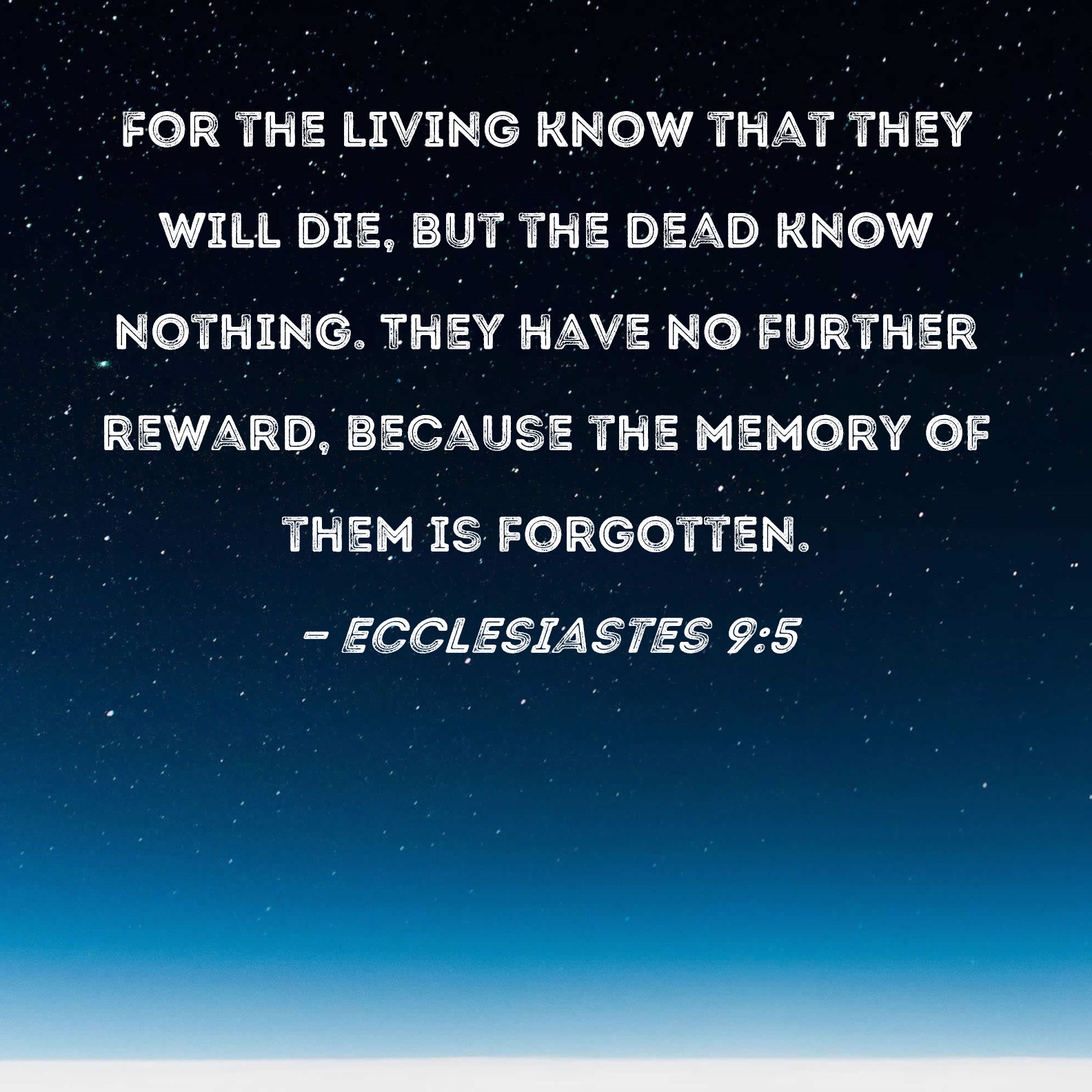So what? A lot of places have metaphorical or theatrical names.
For instance: you think Hells Kitchen is actually a kitchen and actually in hell?

en.wikipedia.org
"Eye of the Needle" is still the name given to one of the gates in
Jerusalem.
No need to take it literally.
I don't know what you think re-posting the verse proves.
You lean too heavily on assumptions, and preconceived ideas.
I realize you need to believe that, but it just isn't true.
Truth is I'm just pointing out what scholars, historians, and even most religious leaders would tell you. Not to mention tour guides since it's still there.
As in the case of Luke 16.
Again: this goes against everything we know about first cent Judea, not to mention common sense and logic.
He wasn't. That your take, remember.
Apparently you don't understand the question.
I'll repeat it again just for the hell of it:
In Luke 16:19 Jesus is telling a parable about two men dying. After they die, one goes to hell, one goes to a place called The Bosom of Abraham, a place where the righteous dead are rewarded.
Since one is in hell, and one is in something comparable to Heaven, and since one is portrayed as suffering, seeing, and talking (all things that you pretty much have to be conscious and in one way, shape, or form, still existing in order to experience), the parable is obviously set in some sort of afterlife.
@nPeace is trying to make the case that the parable isn't in any way a refence to an afterlife, since supposedly there is no afterlife atm, and won't be until the Resurrection at what's usually referred to as the second coming.
I pointed out that since Jesus is using the Bosom of Abraham, a place of afterlife, as the setting for a parable that he's telling the crowd, it should be fair to conclude that the idea is one that the crowd is familiar with.
So this begs the question: did Jesus literally believe that the bosom of Abraham was a place where the righteous dead went when they died? Or was he just framing his story in that context because he was telling it to a crowd who held that belief?
To me, it seems likely that one or both of those is the case.
@nPeace is claiming that Jesus and/or his followers/audience didn't or couldn't have held this belief because it contradicts accepted, modern Christian beliefs about the afterlife, which means that the idea that the dead went immediately to a place of afterlife that doesn't even exist in Christian theology would be heresy, or at least, a contradiction of what modern Christens like to suppose Jesus himself believed. .
In any case, earlier I asked, "Why would Jesus set his story in an afterlife that he doesn't believe exists? Why would he expect his audience to accept or be able to relate to the story if they had never heard of the setting (the Bosom of Abraham) or were unfamiliar with the idea that the dead went immediately to their reward or punishment in some sort of afterlife?
I'm still waiting for an answer.
You got an answer more than once.
Really? Can you show me where? All you would have to do is link to the post where you answered it.
And in any case, even if you had answered it (which you didn't) why not just repeat the answer here, or point out where you had?
Other than the fact that you never did, I mean.
You can't blame me if you just want to hear your answer, can you?
I can blame you for dancing around the question.
No worries, I can repeat my points just as often as you can ignore them.
I know, usually when you're being intentionally obtuse like you're being here people eventually just throw up their hands and say "OK, you win. Stay misinformed".
It's kind of sad that you actually do consider that a win.
According to Martha.. No.
(John 11:24) . . .Martha said to him: “I know he will rise in the resurrection on the last day. . .
Yes, as I demonstrated there are contradictions in the Bible.
Maybe the Jews you have in mind were a sect, but certainly they weren't the majority.
Doesn't matter, they were obviously the audience on that particular day for that particular parable.
In any case, we don't really know what the masses believed or didn't believe at the time. We have a fairly clear idea about some of the more prominent sects, but the Essenes, the Pharisees, and the Sadducees were were all religious minorities.
To claim any certainty in regards to what the common people generally believed is just a bit presumptuous.
In fact, the reason the Jews mourned the dead, is as mentioned earlier... in scriptures the Jews read. Psalms 146:4; Ecclesiastes 9:5, 10... etc.
Even Jesus knew this. John 5:28, 29
They mourned the dead because that's what people do when other people die.
Right. It's not.
You seem to want it to be.
I don't have a dog in this fight. I'm not emotionally invested in any particular conclusions about any of this so I'm free to look at things for what they are.
You didn't read the verses?
Look no farther.
(John 6:52) . . .Then the Jews began to argue with one another, saying: “How can this man give us his flesh to eat?”
(John 6:60) . . .When they heard this, many of his disciples said: “This speech is shocking; who can listen to it?”
I asked you if you've ever met anyone who actually believed that. I'm going to go out on a limb and assume that you've never met anybody who was alive in first cent Judea (sorry, there's one of those perky "presumptions" again) but I'll take it a step further and tell you that I highly doubt that you've ever heard anyone anywhere make those claims unless they were being sarcastic. ,
Some here have said the same.
Really? where?
Not just. I proved it, quite a few posts back.
Yes, you proved that it's easy to misinterpret the Gospels. You prove that pretty consistently in the majority of your posts.
You confirmed it, as well...
Yes, I confirmed the fact that you were misinterpreting your own religious texts.
by repeatedly demonstrating it.
And repeatedly demonstrated it, in this thread and others.
And will probably continue to do so.







